Ever since my tribute to Gisele, where I mentioned giving her spa baths and blow-dries, I’ve gotten a great many chicken-keepers curious enough to ask why I do it and how they can do it, too.
The spa treatment is what I use when one of my chickens is acting “off,” but I can’t immediately tell what’s bothering her. Her tail is down, her head is hunched, her feathers are fluffed. She isn’t eating or drinking as much as she usually does. She stands apart from the flock, or goes to roost early. Sometimes the reason is as simple as exhaustion from a molt, or stress from a change in environment (whether it be a seasonal shift, a move to unfamiliar housing, or the arrival of new flock members). Sometimes it’s a physical ailment, like a stuck egg or sour crop.
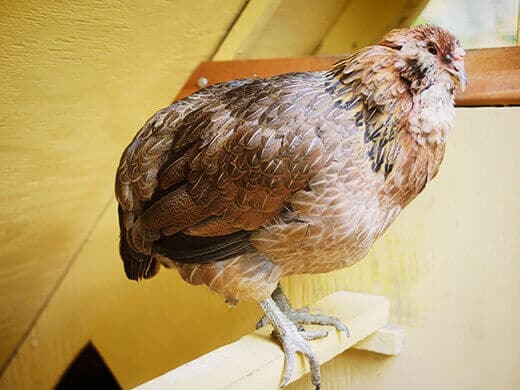
In any of these cases, my first step is to always treat her to an Epsom salt bath. It’s not a cure-all by any means, but it often provides relief and makes the hen more comfortable while I try to diagnose her at home.
Epsom salt is a naturally occurring mineral compound called magnesium sulfate. It is used both internally and externally, as a laxative, detoxifier, skin soother, muscle relaxer, and pain reliever. As a general pick-me-up, magnesium can improve circulatory health and reduce fatigue and stress.
Studies on the external effects of Epsom salts (when they’re absorbed through the skin) tend to be mixed, but since I’ve personally always gotten relief after an Epsom salt bath, I feel it never hurts to take a soak. What is medically proven is the use of magnesium sulfate as a laxative; an oral dose of Epsom salts (dissolved in water) helps move things along in the bowels.
For a chicken, an Epsom salt bath helps her relax the same way it helps us. If she’s found to be egg-bound, a warm soak will ease her muscles and encourage the egg to slide out. If she’s eaten something she’s not supposed to, it will help flush out toxins. If she’s suffering from irritated skin, it will soothe and soften the redness. Epsom salts also help maintain the proper calcium levels and restore the balance of minerals in an active layer.
Begin your spa treatment by filling a wash tub with a few inches of warm water (the same temperature you’d take a bath in). You want the water to come up to your chicken’s chest while she sits in the tub.
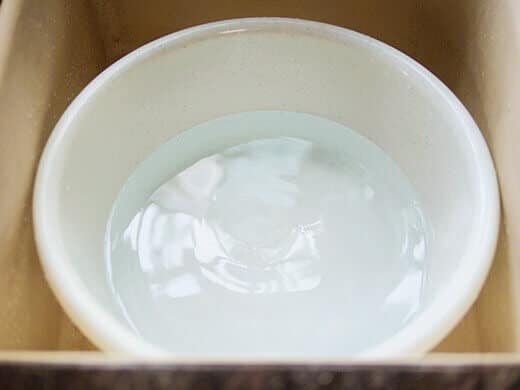
Dissolve a quarter-cup of Epsom salts in the warm water. Place your chicken inside the tub and let her relax into her soak. She might stay standing at first, but she’ll eventually make herself comfortable. To relax her further, place a towel over the tub to cover her head. The quiet darkness and steaming effect will help her settle down.
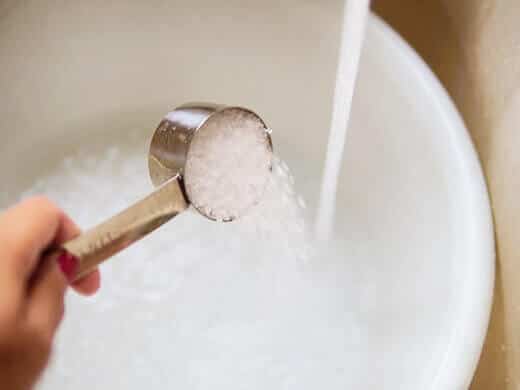
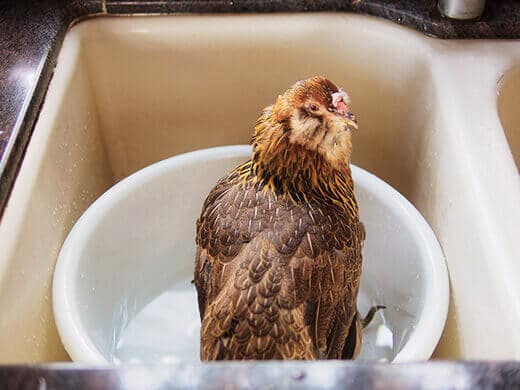
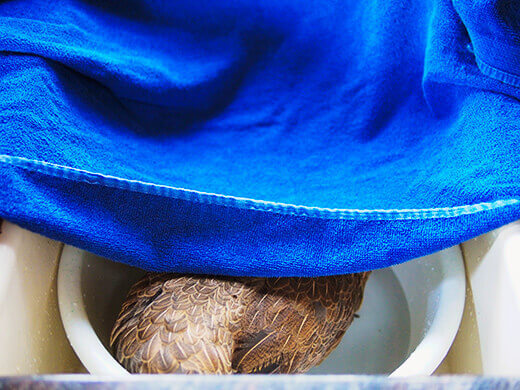
Leave your chicken in the bath for up to an hour, or until the water has cooled down. If you suspect she may be egg-bound, bath time is a good time for you to start feeling around her abdomen for an unusual protrusion. You can start massaging her lower area and, in more dire cases, don a glove, lube up a finger, and feel inside her vent for an egg. If you do find an egg, continue to massage her abdomen, taking care not to break the egg inside her (which could lead to a whole set of other problems). With gentle and loving massage, she should be able to pass the egg on her own.
If your chicken isn’t egg-bound but doesn’t seem to be bouncing back after her bath, you can administer some Epsom salts or olive oil orally. Epsom salts help detoxify, while olive oil keeps things lubricated in case she needs to pass an obstruction through her crop or vent. I use a medicine syringe, the same kind used to medicate a child or pet.
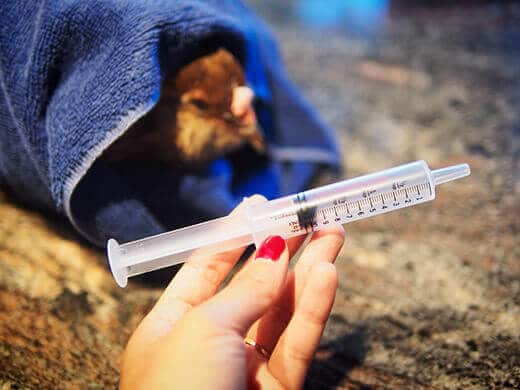
Dissolve a teaspoon of Epsom salts in one cup of water. If your chicken hasn’t been drinking, you can dissolve the Epsom salts in coconut water or unflavored Pedialyte (both of which contain essential nutrients and electrolytes) to keep her hydrated.
If needed, swaddle your chicken in a towel so she keeps calm. Fill the syringe, then put a few drops of Epsom salt water (or olive oil) onto the side of her beak and wait for her to drink. If you’re doing this by yourself, it can be a very long process… so have patience.
If you have a second set of hands to hold her, you can gently pry her beak open and squirt a few drops directly into her mouth, making sure she swallows. Be careful not to shoot the solution down her throat, as it could go down her airway and into her lungs.
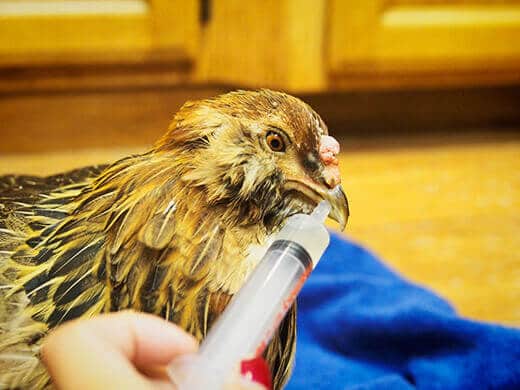
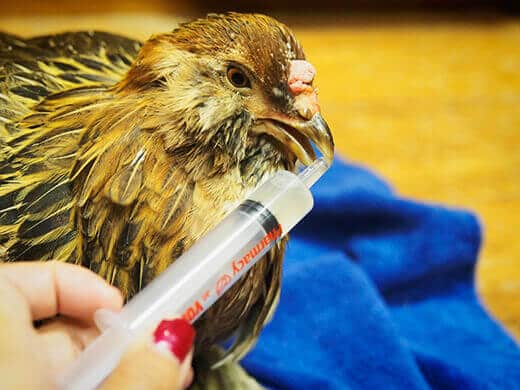
I fill the whole syringe (two teaspoons’ worth) and feed until it’s empty. Sometimes it takes two or three syringe-fuls as a good portion of the solution just dribbles down her chin. There doesn’t seem to be any standard for how much you should hydrate your chicken, so use your best judgment.
Once your chicken is fed, towel her off and give her a gentle blow-dry (on low heat) until her feathers are completely dry. My chickens have always loved this part, and will happily take any primping and pampering they can get!
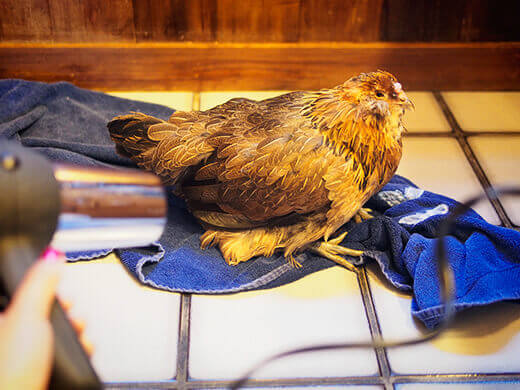
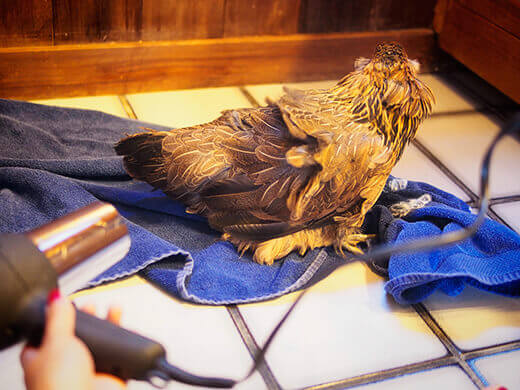
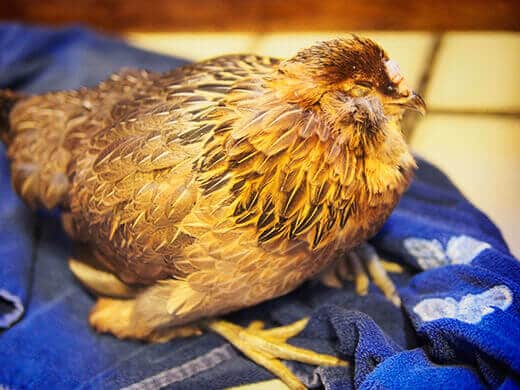
Don’t be alarmed if your chickens’ droppings appear very watery after a bath; they should return to normal in a few hours, unless there is an underlying problem that you can detect in the poop.
After a little B&B (bath and blow-dry), you can let your chicken rejoin her flock (if she likes to be social) or move her into a “hospital coop” for a more private recovery. Sometimes this is all it takes to restore your chicken to vigor and make her feel like a brand-new bird.
I’ve treated all of my girls to a spa day at some point… Kimora got a little pampering when I needed to wash off and cut away her poop dreads (yes, it looked exactly like it sounds). Iman indulged during a molt, when the new pin feathers on her feet were breaking and bleeding (and being pecked at by the other birds). Gisele got one the day before she died, which was heartbreaking for me, but I could only hope it made her feel safe and nurtured in her final days.
Even if a spa treatment can’t cure your sweet thing of a more serious ailment, it never hurts to try and the bonding moment you’ll have with your hen is precious.


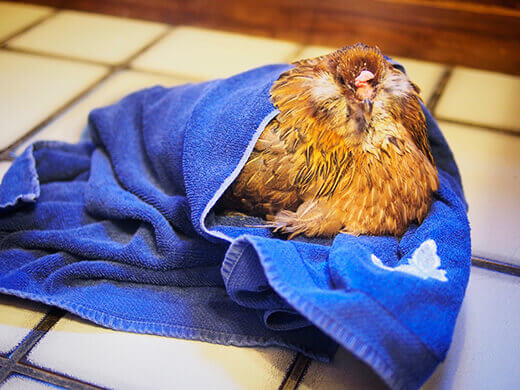
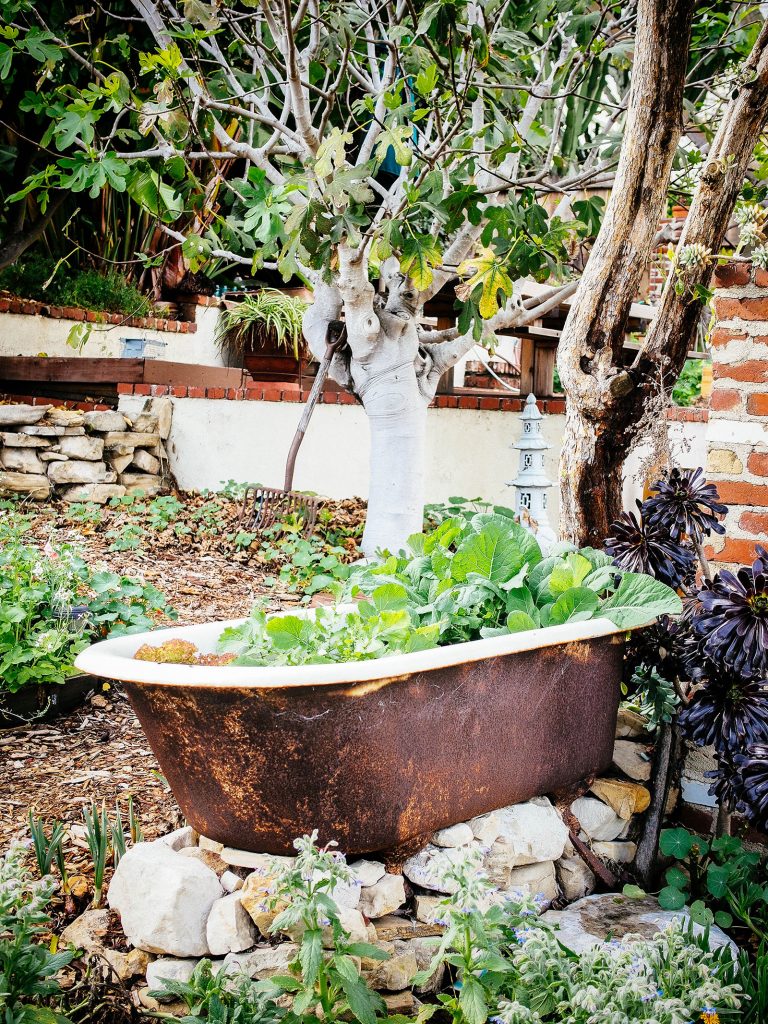
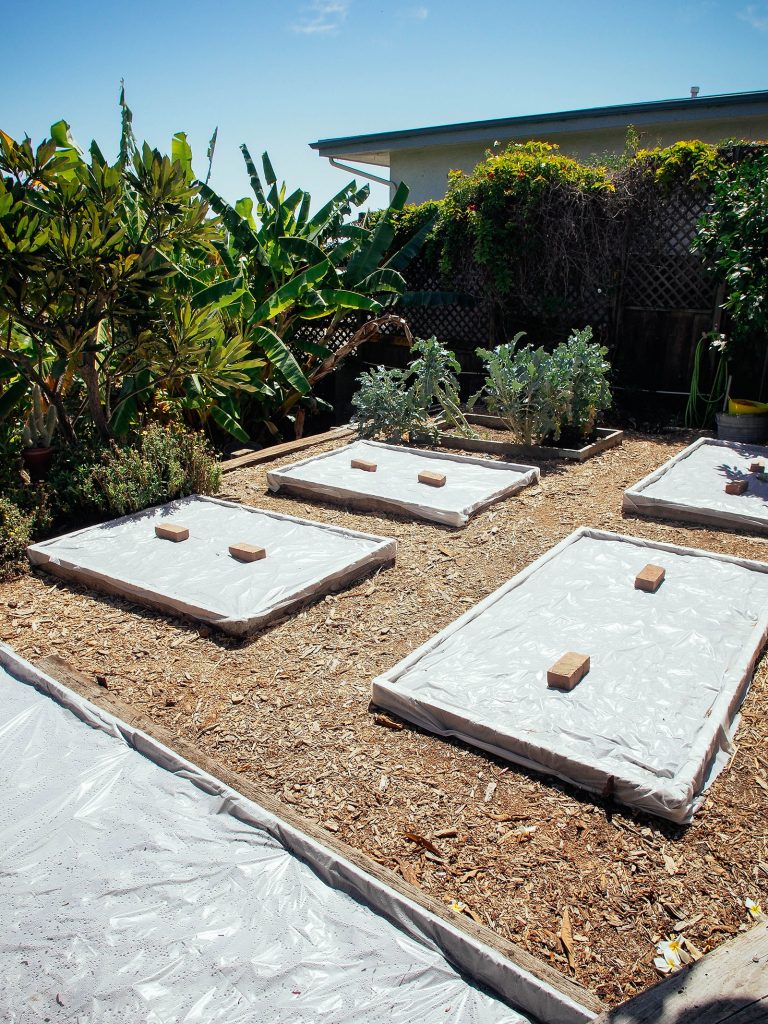
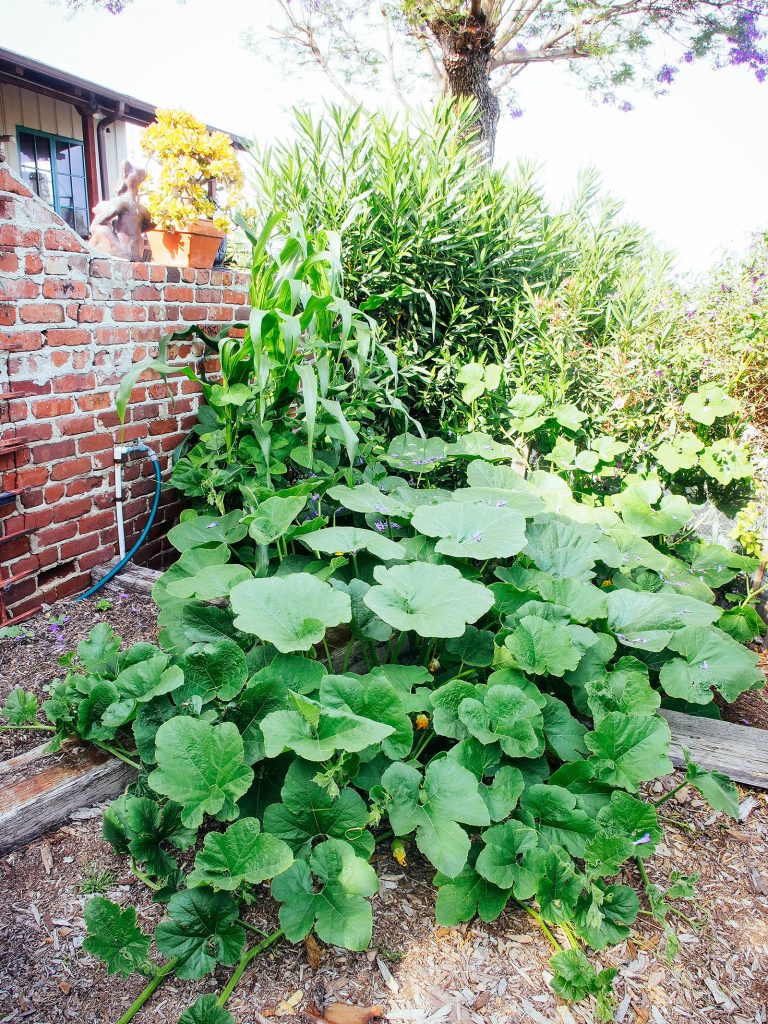
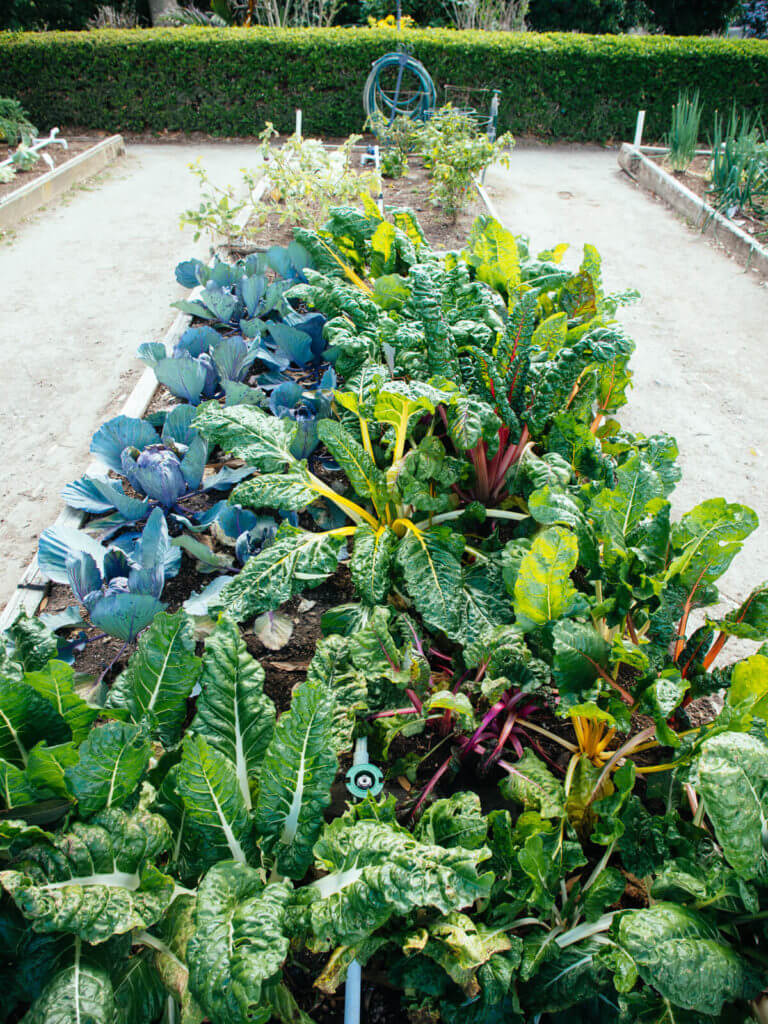


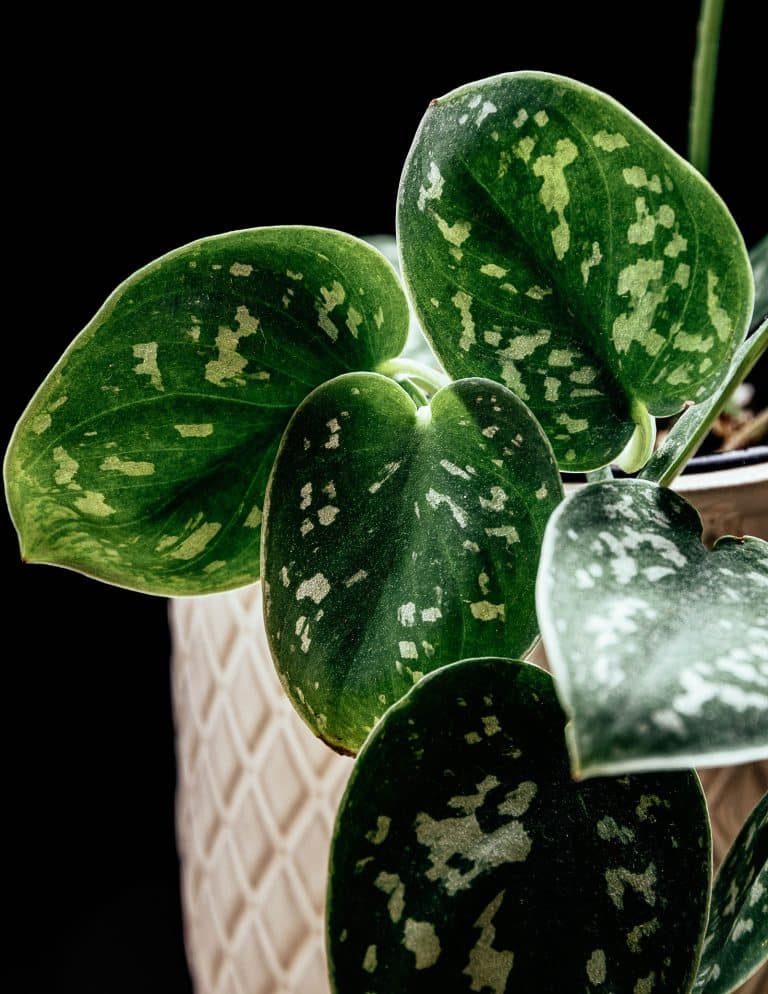
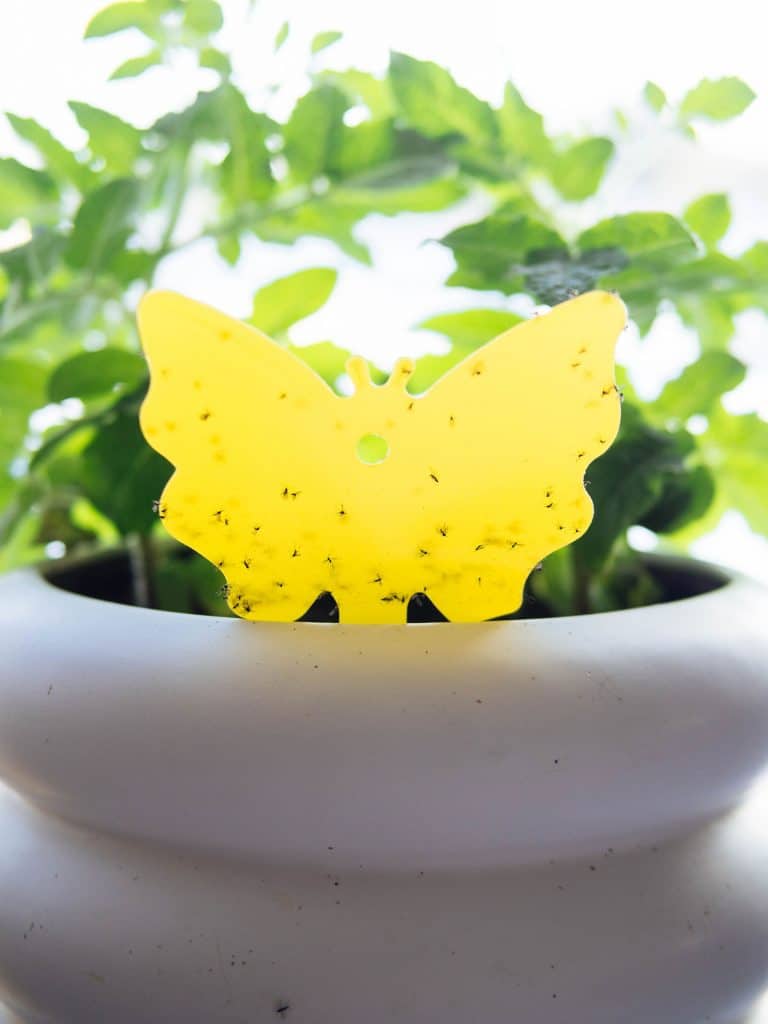
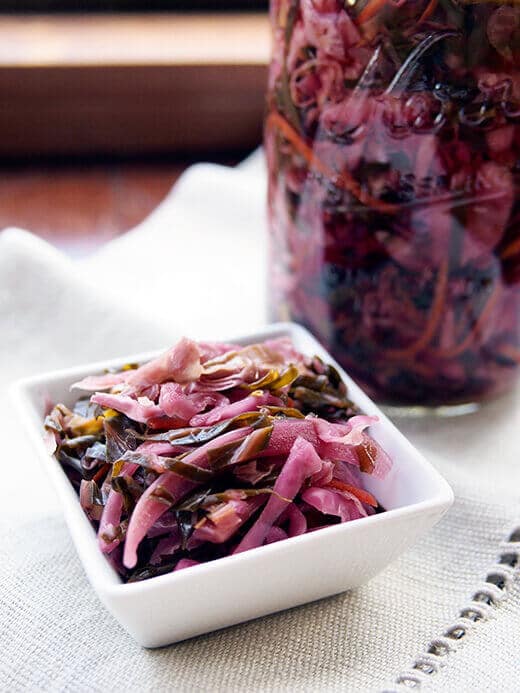
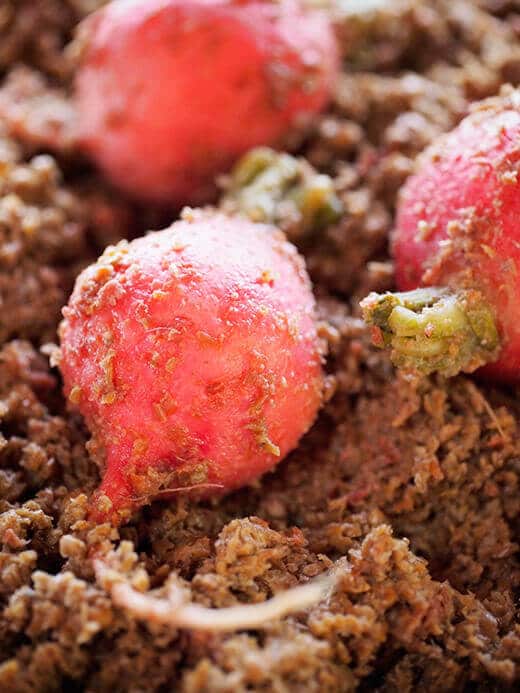
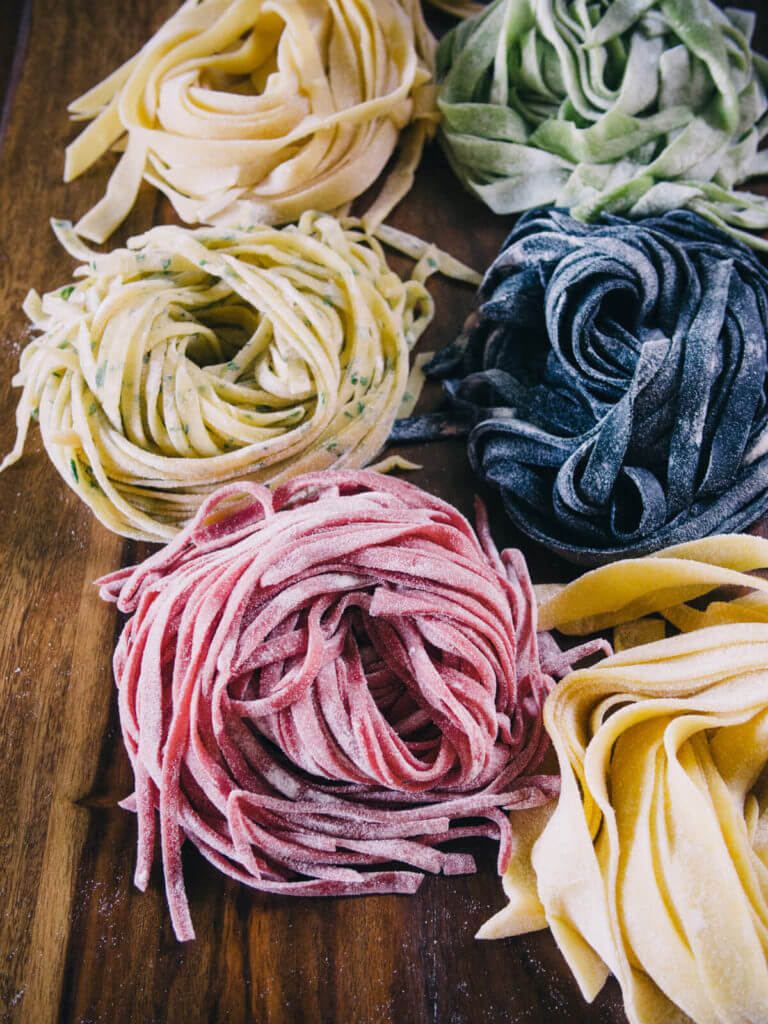
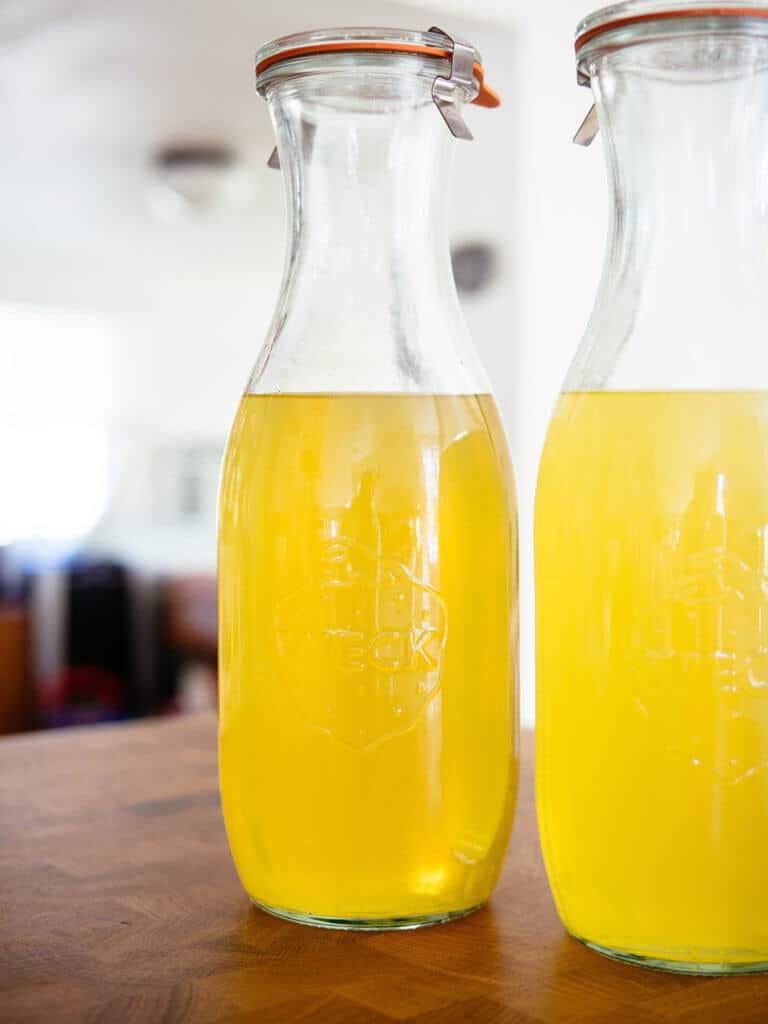

I was wondering how often a chicken can have an Epsom salt bath. if the first one doesn’t work, do you keep doing it daily? I recently lost a chicken . she seemed better after a bath, but I can’t find anything that says they can have one daily for a week, let’s say. Don’t want to overdo it and make them sicker. Thanks for your response! Oh yeah, I’m a newbie at having chickens.
I loved reading your article about spa day. I have spent the last 6 day’s reading and researching how to treat a sick hen, and how to tell what’s wrong with her. There is sooo much information out there on the do’s and don’t and so many different opinions. I don’t have a vet around or near where I live that will treat a chicken so I’m doing my best and hoping for a good out come. She loves her spa by the way. Thank you
you may want to edit your page to suggest the addition of a light coloured (!) mat (or something similar) at the bottom of the tub. the slippery surface of an unknown vessel (sink/tub) in a strange environment will freak out most animals.
This post helped me a bunch! My Cornish chick i got from the feed store had something wrong with her leg(it kind of stuck out and has just gotten worse. She puts most of her weight in one leg and lays around most of the time because she always slips (I think it’s painful for her).but anyway, I figured that an epsom salt bath would relax her muscles (it did, she loved it) and she was in need of a cleaning, anyways. But thank you so so so much!!
You’re welcome! So happy to hear all is well with your chick!
You are not a vet. Treating a sick bird with a “spa day” is neglect. Had you taken Gisele to an avian veterinarian, who actually knows how to diagnose chicken ailments, she might very well still be here. This blog is irresponsible, reckless, and dangerous to chickens.
Your assumption is incorrect and no, she would not “very well still be here.” I took Gisele to an avian vet, as I detailed in this post http://gardenbetty.com/2013/10/a-heartfelt-thank-you-and-giseles-diagnosis/ and she was euthanized per the vet’s suggestion. I was told that by the time a chicken shows unexplained symptoms of illness, she’s usually beyond any reasonable treatment by a vet. The UC Davis lab diagnosed her with a form of cancer after we submitted her body for analysis.
Some people are so callous. It looks like she made the account just to post that. Not everyone has money to take a CHICKEN to the vet. Get a life! I will be soaking mine in Epsom salts as she has vent gleet and her butt is filthy. Thanks for the tips!
What worked well for me was a butt soak in diluted miconazole shampoo I had for another pet, then painting the vent area with betadine. Found this in Chicken Health Handbook by Damerow and it cured her.
E
It is much more complicated to find vet help for a chicken than one might assume. My vet advised similar treatment as above, along with a few other natural remedies, as he feels strongly that there is no proof that antibiotics ever fully leave the ovum. So, it is about making her comfortable, and giving her the best odds.
And, as a veternarian nurse AND a farmer with free range organic layers she did the RIGHT THING! Vets are not God and frankly few vet clinics treat birds. So, as its plain you are NOT a vet. Shut up your hatefulness to this lovely young lady that treats her chickens with such love, care and respect. It is YOU that has no idea what you are doing/saying!
I was new to chicken keeping and the first time one looked under the weather I took her to the vet, our nearest is 9 miles away. She couldnt see anything specific and one injection later we were back in the car. By the time I got her home she was dead in the box. I put it down to the trauma of the travel and I won’t be doing it again….home remedies have worked very well and I have tried the spa since on another hen..she loved it.
I disagree her advice is sound Finding said vet is not always an option I’m told 3-4 weeks out on appointments and. Most of the time I find I’m more educated on chickens. But need them. For meds. California makes you get vet. For meds usually you can’t wait a month to take a sick bird so you must be proactive
I did this to my lethargic hen and when I took her out of the water, she started vomiting clear liquid and shortly afterward, she died. Could I have used too much Epsom salts? I might have used 1/2 cup.
I don’t know why she would’ve vomited, unless her head was underwater during the spa treatment.
I don’t think so. I’ve seen widely varying amounts of Epsom salts to use and the amount your mentioned doesn’t seem dangerous. I’m sorry.
I just had the same thing happen what went wrong???
I am curious if the hen decided to drink the water in excess while bathing and just couldn’t tolerate the amount consumed. As much as I love them they don’t make the best decisions . :/
Okay i have got to try it. One of my girls has been of for about 2 months now. took her into the house for several weeks but she is till acting strange, not to strong, has problems roosting, sets in the nest for hours, past a really weird shaped flat egg. was hoping that was it, her vent always looks fine but she act like she had a stroke. she is still queen and kicks some serious chicken butt when necessary but im not sure she will ever be the same. Spa Treatment!
Thank you for sharing. It is very informational, and I love how much you care for your animals! I love my ladies, and it is hard to see one of them sick.
It is! Especially since they can’t tell you what’s wrong. I hope you won’t, or rarely, have to deal with a chicken illness.
She didn’t make it through the night. She did enjoy her spa treatment though. I just hope it isn’t something that my other girls will catch. 🙁
I am so, so sorry to hear that. My Easter Egger died the day after her spa treatment as well, and my only comfort at the time was knowing she enjoyed her last day at home. Sending positive vibes for the rest of your flock.
Patti Herdell liked this on Facebook.
Fascinating and sweet. I want chickens in my life!
If one of your girls is feeling off, give her a little pampering. The Spa Treatment for Sick Chickens http://t.co/lw6Pr8uTy1 #homesteading
Humans love this little home remedy, so why not hens. The Spa Treatment for Sick Chickens http://t.co/zpvSSD11sM #homesteading
Is your hen feeling under the weather? Keep her comfortable: The Spa Treatment for Sick Chickens http://t.co/vq0nIuVhs0 #homesteading
Je kip gaat zich weer kiplekker voelen 🙂 http://t.co/S8o3AATg97
tee hee @jharri39 RT @modern_nanna: Spa Treatment for your #chickens from the excellent Garden Betty Blog http://t.co/EqzsAwFmdH
Thank you for sharing this! I love my girls and this sounds like an excellent way to help them stay healthy. The only time I have bathed one of the girls was in a warm bath of “Dawn” dish detergent to rid her of mites. Gisele was a lucky girl 🙂
We’re not the only ones who like to indulge in a soak now and then. The Spa Treatment for Sick Chickens http://t.co/wzl5WOyE73 #homesteading
Spa Treatment for your #chickens from the excellent Garden Betty Blog http://t.co/npPwtuji4R
Amy Goo liked this on Facebook.
Jón-Mark Lisa Williams liked this on Facebook.
The Spa Treatment For Sick Chickens | Garden Betty http://t.co/2gX1pNTeUL #water
A general pick-me-up for a hen who’s feeling under the weather. The Spa Treatment for Sick Chickens http://t.co/NmKFKPBAld #homesteading
Tyn Atol liked this on Facebook.
Sophie Charlotte Bidet liked this on Facebook.
I love reading about how you nurture and care for your chickens. People often have a hard time understanding my bond with my five feathered ladies. But these sweet creatures deserve the same attention and care as any of our animal friends!
I agree. Our pets are our family, no matter how small.
Great article! Brought tears to my eyes though : ( I have had my 6 girls for 3 months now, however they were already 11 months old when I got them and set in their ways, most of them are finally letting me touch them — somewhat…some more than others, so I hope that they’ll let me give them a spa treatment someday. I am feeding them your feed recipe and they love it. I hope you are feeling a little better yourself. Take care. Diane
Thank you Diane. Give your chickens time to adjust… I’m sure they’ll grow more affectionate as they spend more time with you!
Guess what! One of them jumped in my lap tonight and let me pet her, it was awesome XD,,,
Yay! It’s so sweet when they do that. 🙂
I would recommend quietly picking up and cuddling 1 each night when they are roosting, then place them back on their perch. They will be easier to pick up this way tho’ they may protest until they learn in time to not fear your touch. Talk to them, sing around them. I always tell my girls and Joseph “thank you girls for the good eggs and thankyou, too, Joe for doing your job so well”. They hear this every night when I lock the gate to their pen. They will learn your voice.
Appreciate the uhhh comment, but why are you replying to something I wrote 5 years ago?
Sofia Massi liked this on Facebook.
Erica Wachtler liked this on Facebook.
Wow, now THAT’s a spa treatment 😉
The Spa Treatment For Sick Chickens:
Ever since my tribute to Gisele, where I mentioned giving her spa baths … http://t.co/9aj55Tls9u
Blogged on Garden Betty: The Spa Treatment For Sick Chickens http://t.co/QDuytUJTC2
Great care is required with the
use of oral Epsom salts, as my friends husband took a tablespoon
In water to cure his constipation and ended up in hospital with a telescoped bowel
I love my hens too and
as I live in the Tropics I have many nasty things to deal with.
They are safe from snakes and are loved daily
Thank you for your blog…..